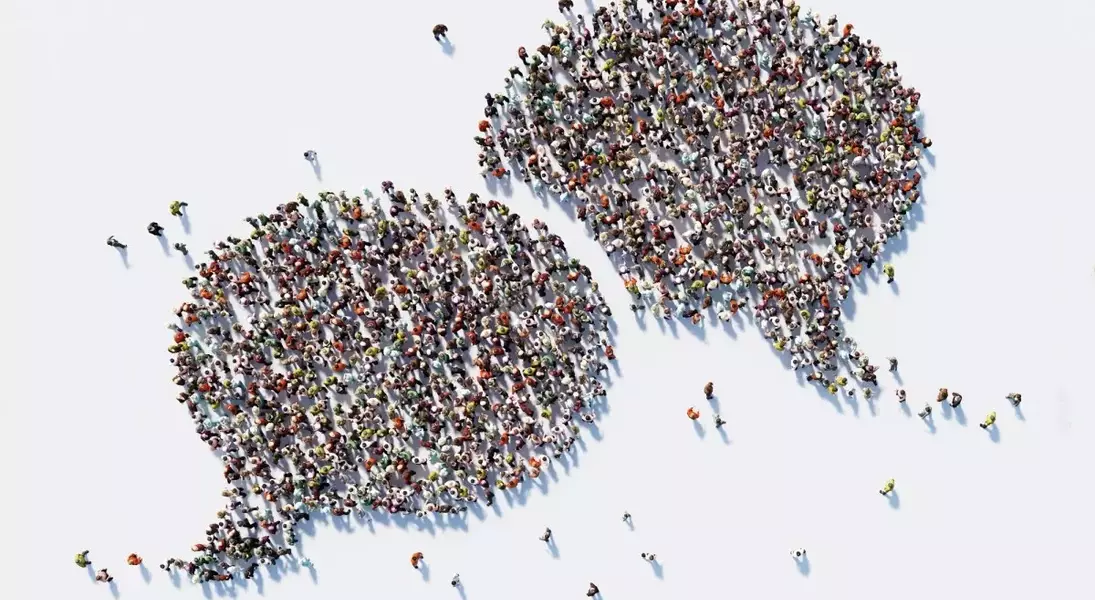
A groundbreaking collaboration between a nonprofit AI safety organization and a prominent AI development platform has introduced an expansive collection of public domain voice recordings. This new resource, aimed at advancing speech technology research, includes over a million hours of audio across 89 languages. The initiative seeks to enhance natural language processing capabilities for a diverse range of global languages, promoting inclusivity in communication technologies.
The dataset, named Unsupervised People’s Speech, presents both opportunities and challenges. While it promises significant advancements in areas such as low-resource language models and accent recognition, concerns arise regarding potential biases. Given the predominance of American-accented English in the recordings, there is a risk that AI systems trained on this data might struggle with non-native accents or other languages. Moreover, ethical considerations come into play, as some contributors may not be fully aware of how their voices are being utilized, particularly in commercial applications.
This development underscores the importance of responsible AI practices. As researchers and developers leverage this vast dataset, they must prioritize fairness and transparency. Ensuring that diverse voices are accurately represented and protecting the rights of content creators should remain paramount. By fostering an environment of ethical innovation, the tech community can pave the way for more equitable and inclusive advancements in speech technology, ultimately benefiting a wider audience globally.
